We all know that getting a good night’s sleep is important. But how does lack of sleep, broken sleep and late nights affect your cycling ability? And what can we do to increase performance if we do have a couple of night of bad sleep? We decided to dig deep into the research and find out.

Sleep and recovery go hand in hand. It has been shown that sleep debt has an impact on metabolism, decreases mood, increased lethargy, reduced concentration, decreased immune system, decreases appetite and decreases endurance performance. Foundation sleep recommendations for adult athletes are 8 to 10 hours per night plus a 30 minute nap between 2 to 4 PM. I know that is a tough call for most athletes to achieve along with all the other responsibilities of life. Junior athletes need even more sleep with 9 to 11 hours per night on average. Measuring your sleep is important. You can do this manually or there are apps and trackers available that will help determine duration and quality of your sleep.
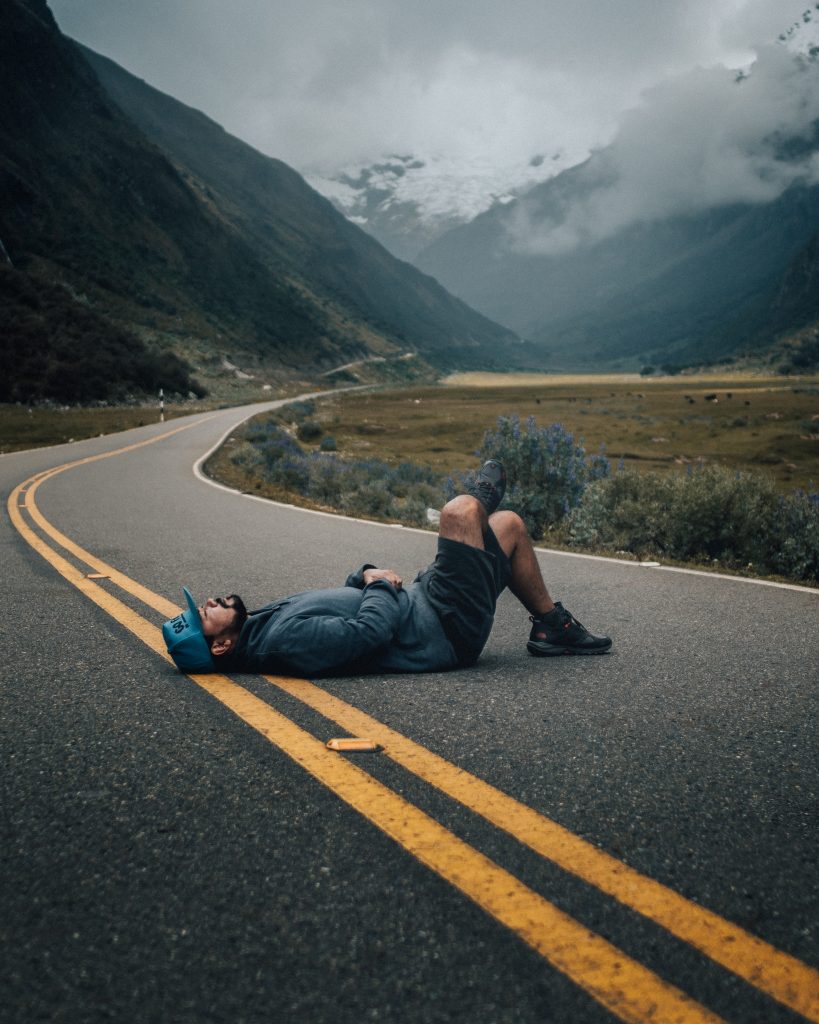
Benefits of high quality sleep
In terms of cycling, good quality sleep can bring more consistent performance, faster recovery times and healing, higher motivation levels and training satisfaction. There are so many benefits, but many cyclists don’t focus on good quality sleep as seriously as other aspects of recovery and training. It’s often you see cyclists with dietitians and massage therapists but less likely sleep coaches.
A study completed by the American College of Sports Medicine concluded that sleep deprivation wasn’t good for cycling performance; the rate of perceived exertion during cycling was significantly higher and the time to exhaustion was less in sleep deprived athletes. In other words getting more sleep makes it easier to increase your power without feeling like your suffering more. This study mentions that increasing your sleep time by 30% in the week leading up to a big event increases your likelihood of a personal record. Sleep extension and napping have both been shown to increase performance in cycling.
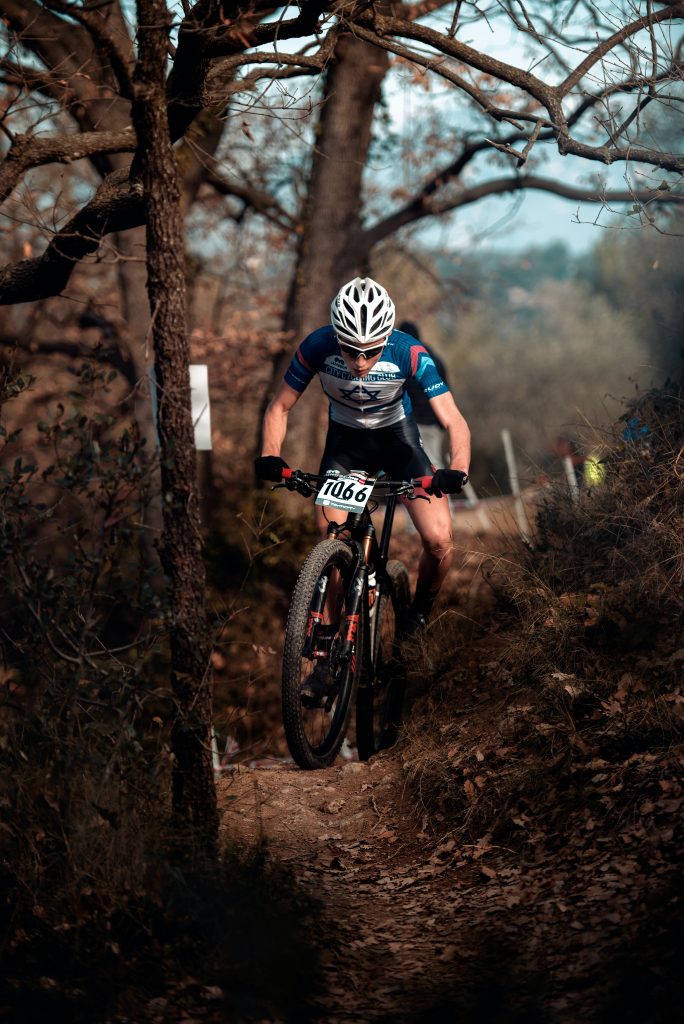
Here are some things you can do to increase your quality of sleep and feel more rested.
| Remove technology and distractions from you place of rest. This means no TV, mobile phones, tablets and other smart devices. Associate your bedroom with sleep. |
| Go to bed earlier |
| Keep your sleeping environment dark, cool and clean |
| Don’t eat or drink too late in the evening. Use the day to hydrate properly and eat your meals earlier |
| Avoid caffeine and alcohol in the afternoon |
| Don’t take sleeping drugs unless prescribed by a doctor |
| Use relaxing sleep practises e.g. mindfulness meditation, relaxing sleep music, chamomile tea, deep breathing techniques, hypnosis |
| Avoid riding too late in the evening unless you are training for a night ride |
| Travel to a race early and go to bed at the same time |
| Take a 30 minute nap after lunch especially before afternoon training sessions and afternoon races |
| If you wake in the night, don’t reach for your phone or get up. Try to use deep breathing and relaxation techniques to fall back asleep. |
| Get a full medical check-up / blood work done by your GP. Conditions such as ‘restless leg syndrome’ can occur in athletes with low serum iron levels and disrupt normal sleep patterns. |
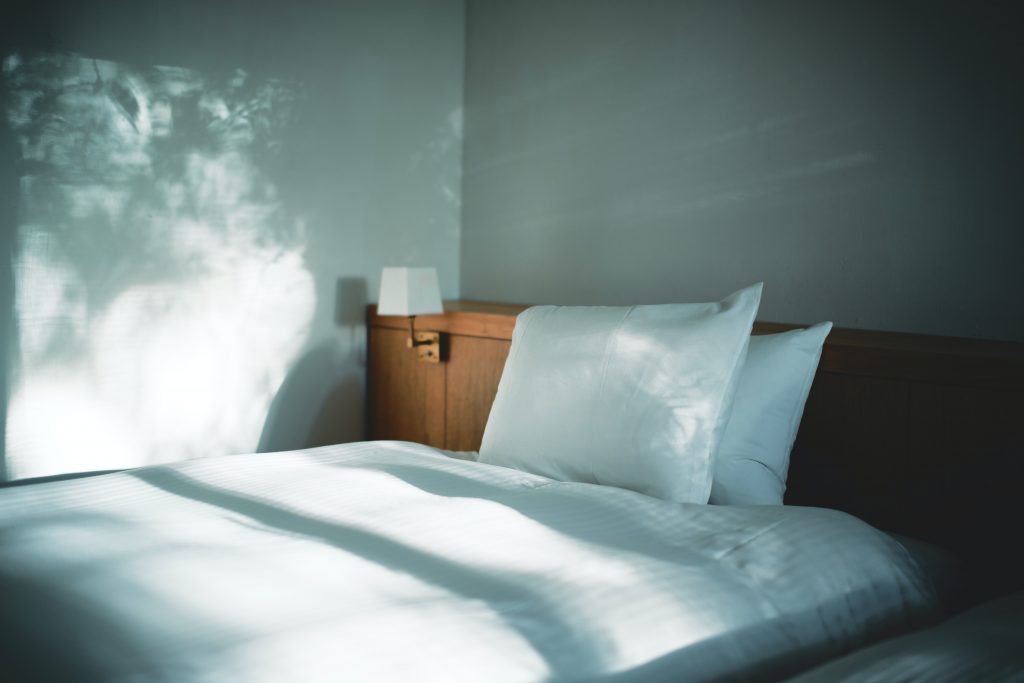
So what about anxiety and sleep disturbance the night before a race?
You’ve put in months of hard work training, your equipment is in top shape, your nutrition is fine-tuned, you have your race strategy sorted, and you feel prepared to crush your goal event. But the night before, nerves, kids, excitement, dodgy motel room neighbours keep you awake. Is your big day ruined?
Well, studies are mixed in this regard but the majority of studies done in this field show that performance is not affected with one night of bad sleep.” A single night of acute sleep deprivation is unlikely to result in serious negative effects, but a chronic shortage of rest will almost definitely take a toll”. The research Institute of Sport published a paper in 2007 that looked at leg strength, fatigue resistance, and oxygen demand at various speeds on a treadmill with varying amounts of sleep. They concluded that performance was not hindered by 1 night of reduced / broken sleep. It seems more important to increase your sleep duration by 30% in the week leading up to your event. This will significantly increase your recovery time and performance.
So why does it feel harder to race / train if you get a bad sleep ?
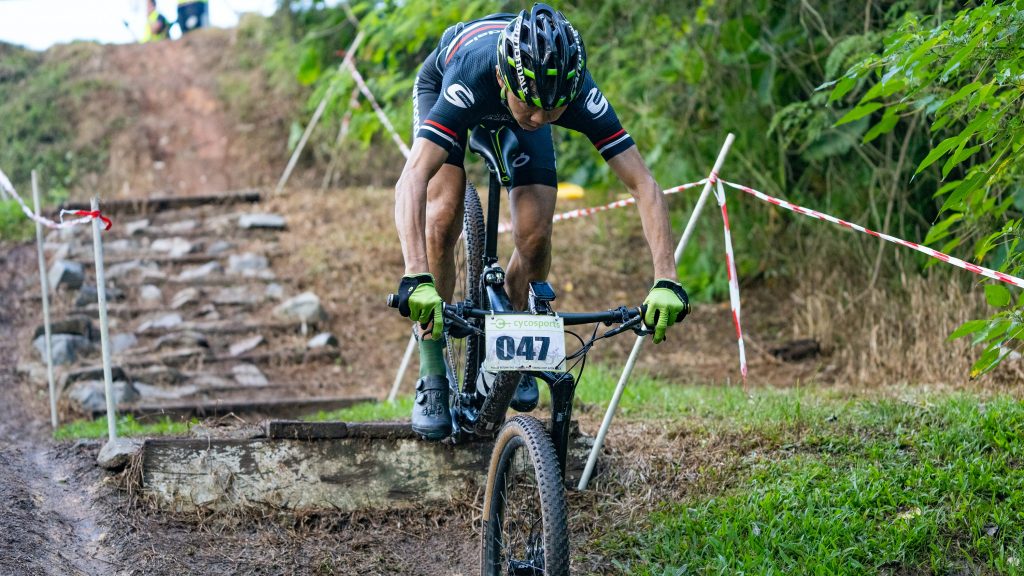
It’s all in your head. Literally. Studies have shown that test subjects rated their perceived efforts higher when sleep deprived. They suggest that this may be because the brain and the nervous system are the biological structures that need sleep the most: while your heart, lungs, and legs are ready to go even when sleep deprived, it’s your brain that is sluggish and tired. So in a race situation, this increases nervousness, anxiety, stress, negative thinking and perceived worse outcome. The ‘Self fulfilling prophecy!’. The best thing that you can do to combat this is positive thinking and self-belief. Try not to focus on the fact that you had a bad sleep and use positive thinking, positive self talk and checklists to get your mindset in the right place for the race ahead.
PCS Coaching athletes have access to a huge library of information on sleep and recovery on the PCS Website. This information was created to give all my athletes the knowledge and understanding of the many aspects of mountain biking and how to prepare your body for high quality training. In order to become better, we must educate ourselves and have the internal drive to be better! If you are interested in working together to achieve your cycling goals and you want access to our Athlete Dashboard and the content inside, head to this link (Book A Breakthrough Session – PCS Coaching) and schedule a Breakthrough Session with me. We can discuss your goals and work out a plan together that will get your mind and body functioning at optimal performance.
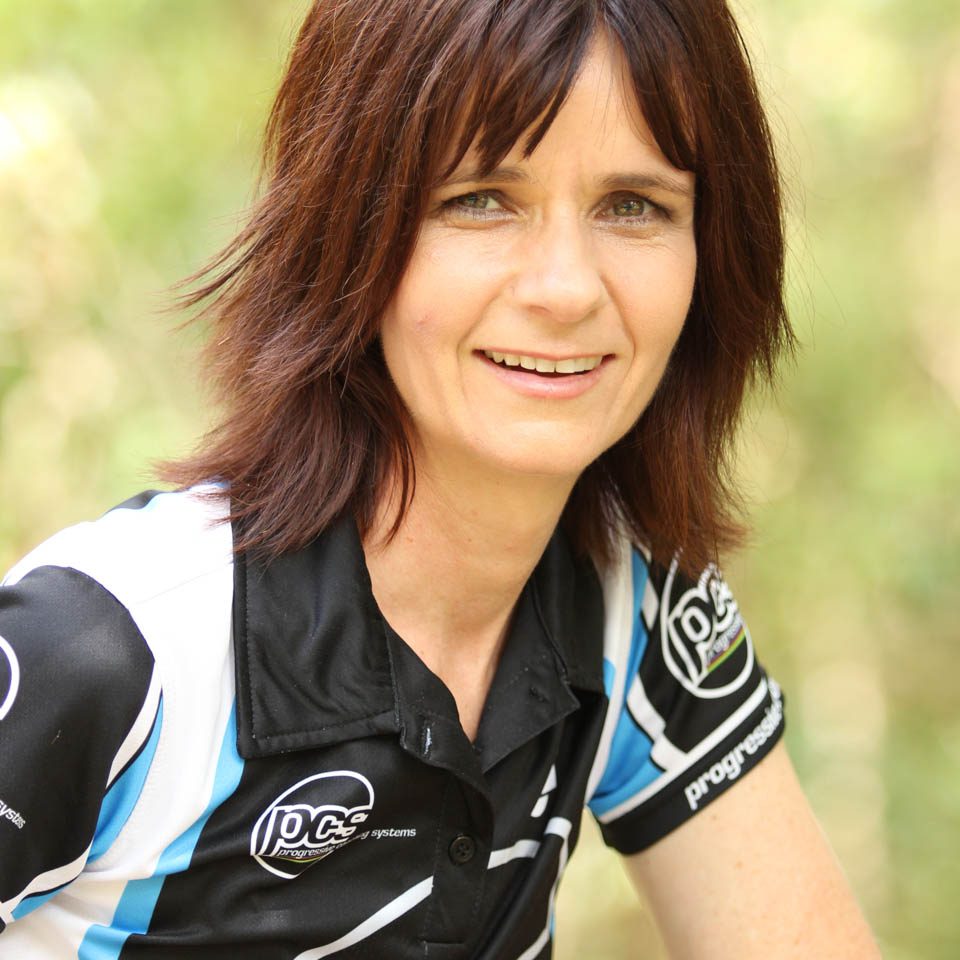
High Performance Mountain Bike Coach
Donna Dall
My speciality is helping serious and recreational mountain bikers break through plateaus to attain higher levels of performance so that they can get fitter, faster, stronger and win more races!

